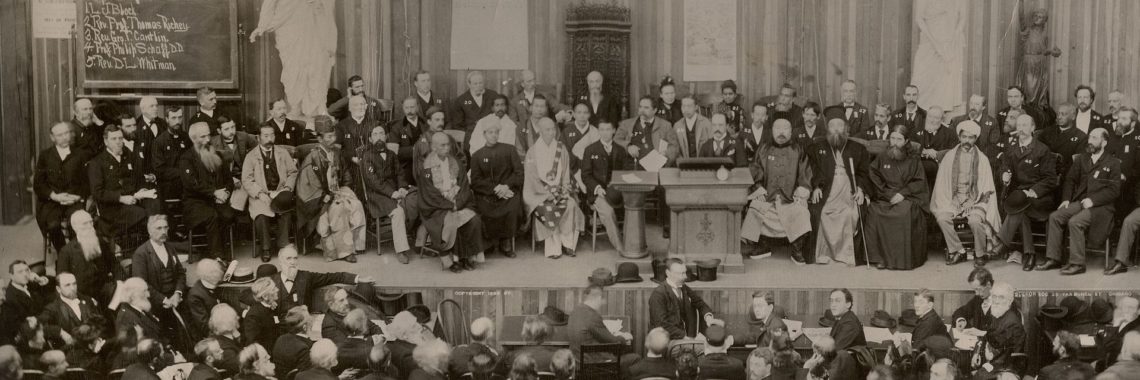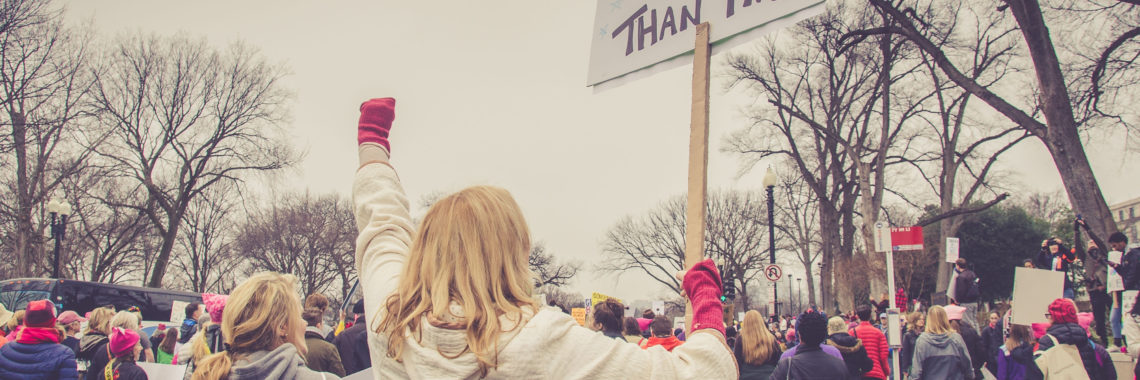“Selling Religious Cures and Other First Amendment Pitfalls in the Age of Coronavirus” by Shlomo Pill
Photo by Anna Shvets (Pixels CC) This article is part of our “Reflecting on COVID-19” series.If you’d like to check out other articles in this series, click here. Challenging times can bring out the very best in people, but these times also seem to prompt far less commendable actions by others. There are always those happy and…







